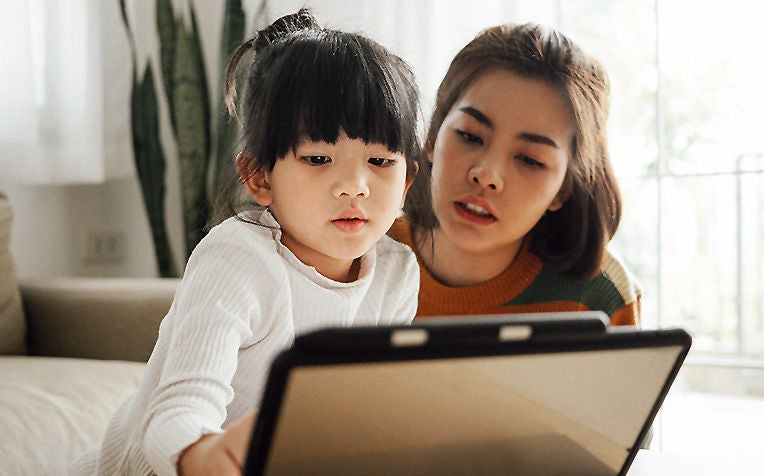HealthXchange will NEVER ask you to transfer money over a call. If in doubt, call the 24/7 ScamShield helpline at 1799, or visit the ScamShield website at www.scamshield.gov.sg.
Speech Therapy for Children with Neurological Conditions: Augmentative and Alternative Communication (AAC)

A child with a neurological condition may have difficulty communicating effectively, so the use of alphabet and picture boards may help with communication.
What is augmentative and alternative communication (AAC)?
If your child has a neurological condition, he or she may have difficulty communicating effectively with others. Alternative methods of communication may be helpful towards improving communication between you and your child.
|
Types of augmentative and alternative communication (AAC)
Suitable for Communication Function Classification System (CFCS) Level III or IV
1. Alphabet boards
/alphabet-boards.jpg)
Suitable for a child who can read and spell
These boards include the letters of the alphabet, along with some common phrases and responses (e.g. yes/no)
This allows your child to spell out his/her wants and needs
2. Picture boards
/picture-board-one.jpg)
/picture-board-two.jpg)
Suitable for a child who can identify pictures/drawings
These boards can be customised according to your child’s needs/wants
They may be organised by categories to allow for easy access
The number of pictures per board may vary depending on your child’s abilities
The child will select the target picture indicating his/her request
The above augmentative and alternative communication (AAC) mentioned may be accessed differently depending on your child’s motor skills. They can be accessed through:
An eye gaze or blinking
Pointing
Activating a switch
Suitable for Communication Function Classification System (CFCS) Level V
1. Communication books
Suitable for a child who has significant difficulties communicating effectively with familiar people
A communication book may help you and others caring for your child understand them better
Do include: You child’s favourites, how your child reacts when they are happy, sad and/or angry
Bring this book and share it with your family, your child’s therapists, teachers and friends
Update them regularly as your child’s communication may change as they develop and learn
Ref: K21
Related Articles




Conditions & Treatments
Public Events
© 2025 SingHealth Group. All Rights Reserved.












